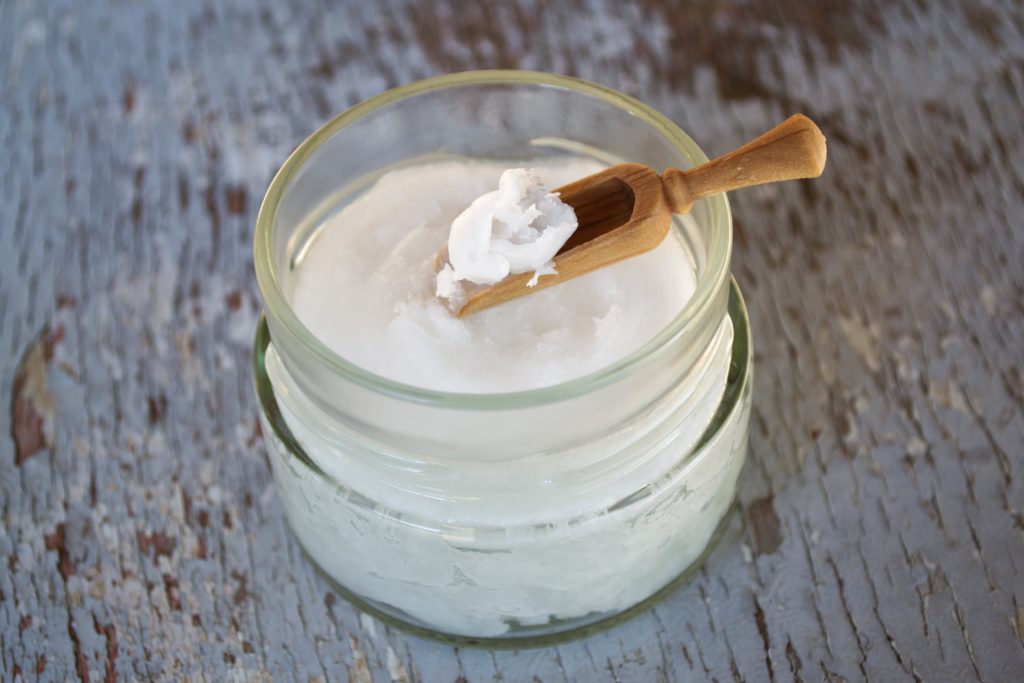Nutrition articles may wax philosophical about “bad fats” and “good fats,” but the truth is never simple. Healthy eating is not so much a battle of good versus evil as it is an ongoing learning process. The current dietary guidelines are useful general recommendations for a healthy diet, but they are always being optimized. A recent clinical trial attempted to answer a popular question about fats – is all saturated fat unhealthy or does the source matter?
Saturated fats, such as butter, have been linked to poor heart health because of their impact on cholesterol levels in the blood. In the 1980s, margarine was touted as a healthier alternative to butter. In the 1990s, the negative health effects of trans fats, which are just a man-made saturated fat, were discovered. Margarine starts out as vegetable oil and is made solid through a chemical process called hydrogenation. This process occasionally produces molecules of “trans” fats. It turned out that trans fats had the same negative impact on blood cholesterol levels as regular saturated fat. Long story short, now butter is good again — maybe.
Any fat that is solid at room temperature will contain saturated fat – whether it is man-made like margarine, or naturally occurring like butter. Most saturated fats come from animal sources, except for coconut oil and palm oil. For a while now, nutrition researchers have been trying to understand if it’s the animal source fats that are the problem, or if any saturated fat is the problem. Because of what we have seen with artificial saturated fats like margarine, this is a worthwhile question. Coconut oil is a great test specimen, since it is a naturally occurring saturated fat that comes from a plant. Olive oil, a liquid fat also touted for health benefits, was used for comparison.
Researchers tested the impact of coconut oil, butter, and olive oil on the cholesterol levels of a group of 94 Caucasian adults of European descent between the ages of 50 and 75. To be included in the study, they had to be in relatively good health, with no prior history of heart disease, stroke, diabetes, or cancer and not taking any medications that would artificially alter their cholesterol levels. They were randomly assigned to consume 50 grams per day of butter, coconut, or olive oil either as a food or a supplement. Participants were given instructions on how to include coconut, butter, or olive oil into recipes. To be consistent, the researchers required participants to use the same brand of extra virgin olive oil, extra virgin coconut oil, and unsalted butter. All products were certified organic.
The participants were followed for 4 weeks and their blood lipids were tested at the beginning and end of the test period. The researchers gathered data on the participants’ LDL cholesterol, HDL cholesterol, total cholesterol, blood sugar, weight, blood pressure, body fat percentage, physical activity, and eating choices. LDL and HDL cholesterol are the blood markers that doctors care about because high LDL and low HDL are both risk factors for heart disease.
Coconut oil may have offered slightly more benefit than the others. The butter group increased the participants’ LDL levels from 3.5 to 3.83 mmol/L, the coconut oil group decreased their LDL levels from 3.5 to 3.41 mmol/L, and the olive oil group decreased their LDL levels from 3.7 to 3.64 mmol/L. For reference, “optimal” LDL levels for adults would be 2.59-3.34 mmol/L, so these are modest changes. HDL increased in all groups, with coconut oil offering the largest increase from 2.0 mmol/L to 2.28 mmol/L. Again, for reference, research shows that an HDL level of 1.55 mmol/L or greater reduces the risk for heart disease. There were no differences in weight, belly fat, body mass index, or blood pressure among participants at the end of the study. The groups also appeared well matched in terms of physical activity, age, and eating habits.
So is coconut oil better than butter? Maybe, maybe not. These numbers are averages over a small sample size and over only a 4 week period. One advantage of this study is that it was performed in a “real world” setting, where variations in individual lifestyle choices would complicate the results. However, the researchers note that it is important to observe the effects of dietary fats in ordinary people living their lives, to complement more controlled laboratory studies. Another advantage was that the participants did not vary widely in terms of health and lifestyle choices. Further research is needed to see if these results would hold in large sample sizes, different groups of people, and in different settings. The baby steps of nutrition science march onward.


